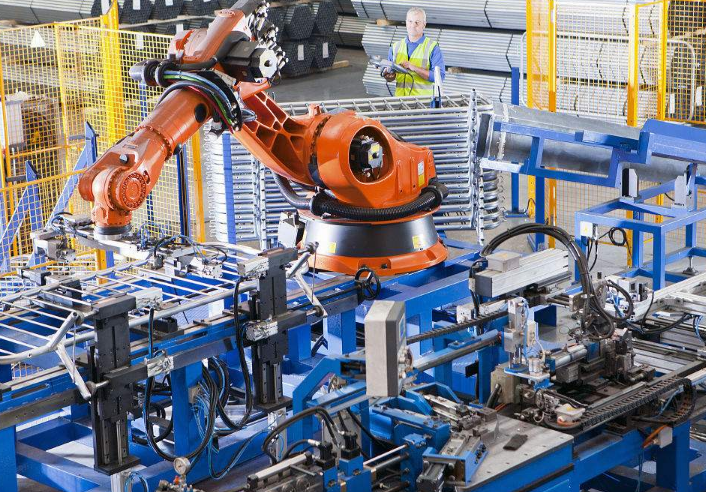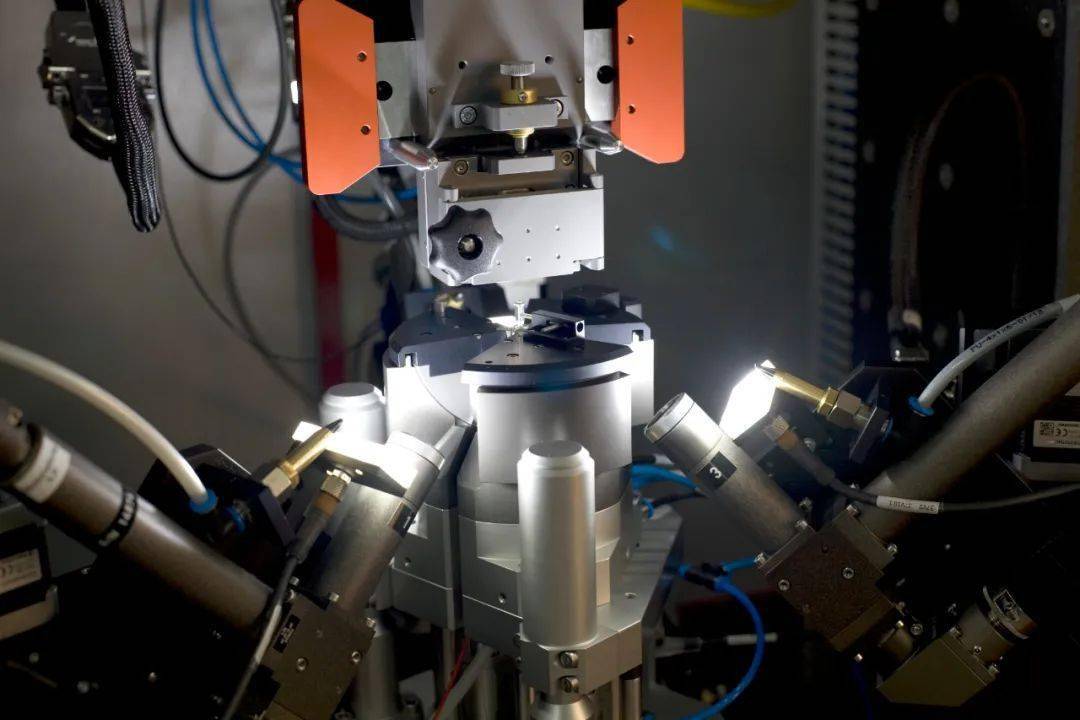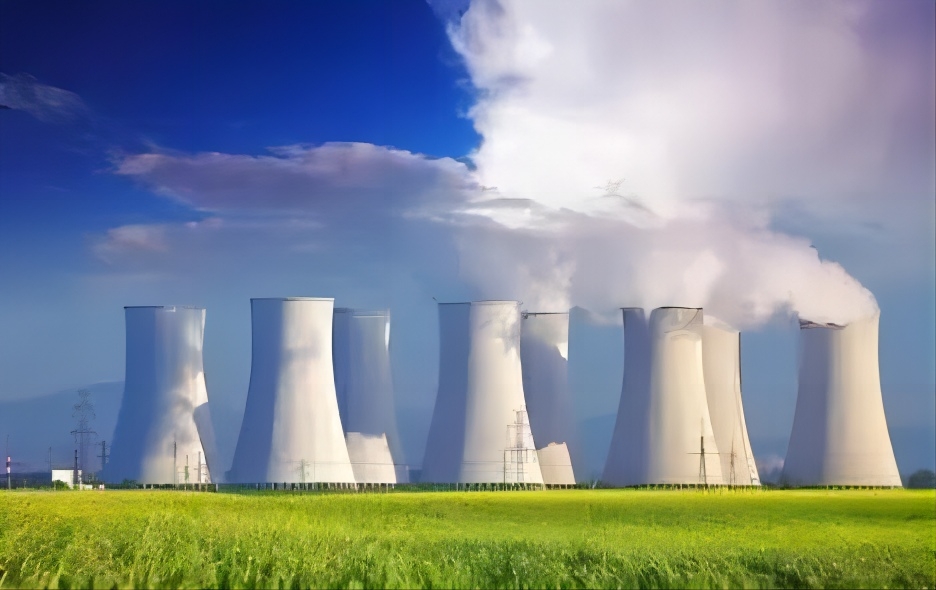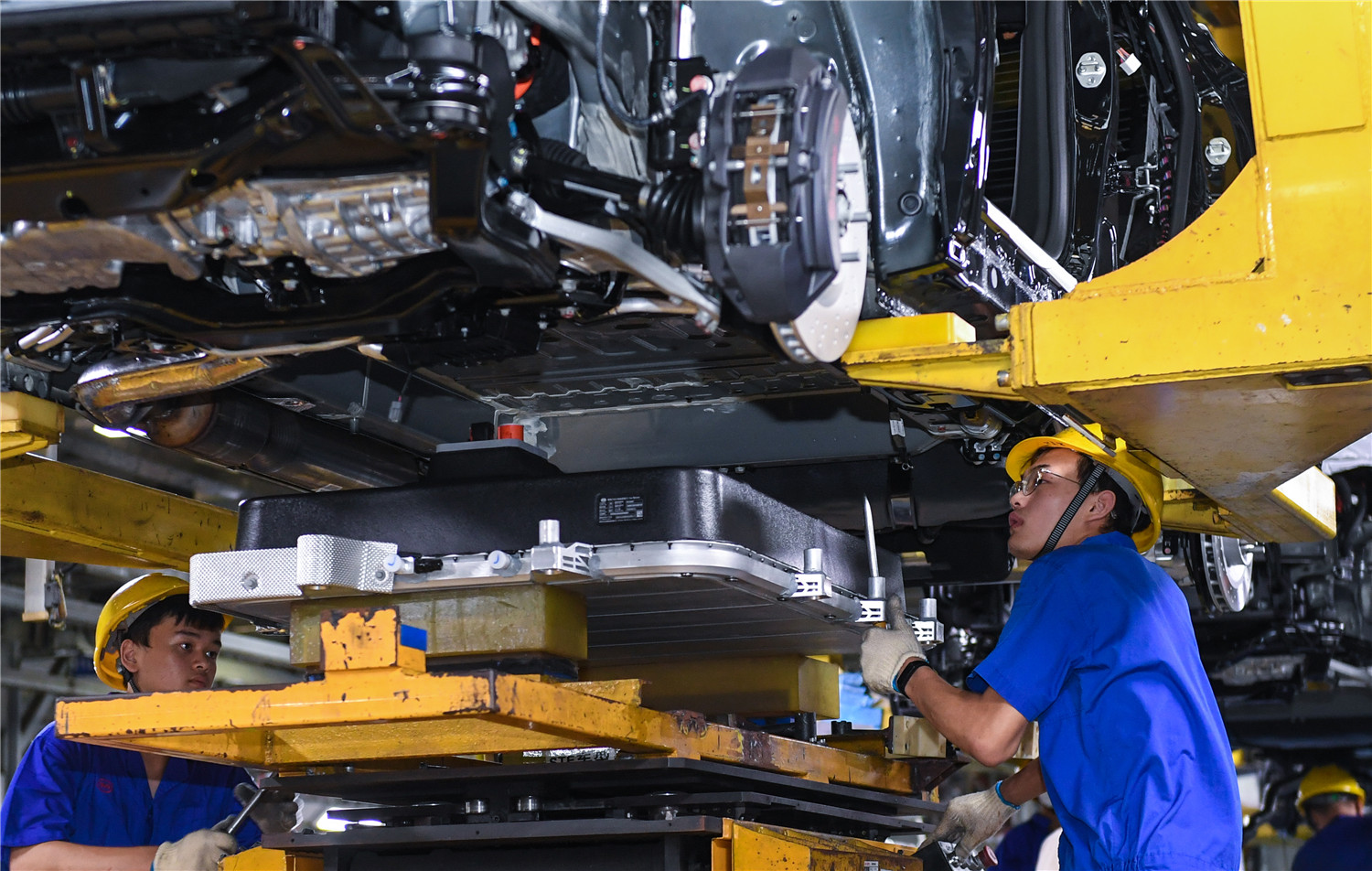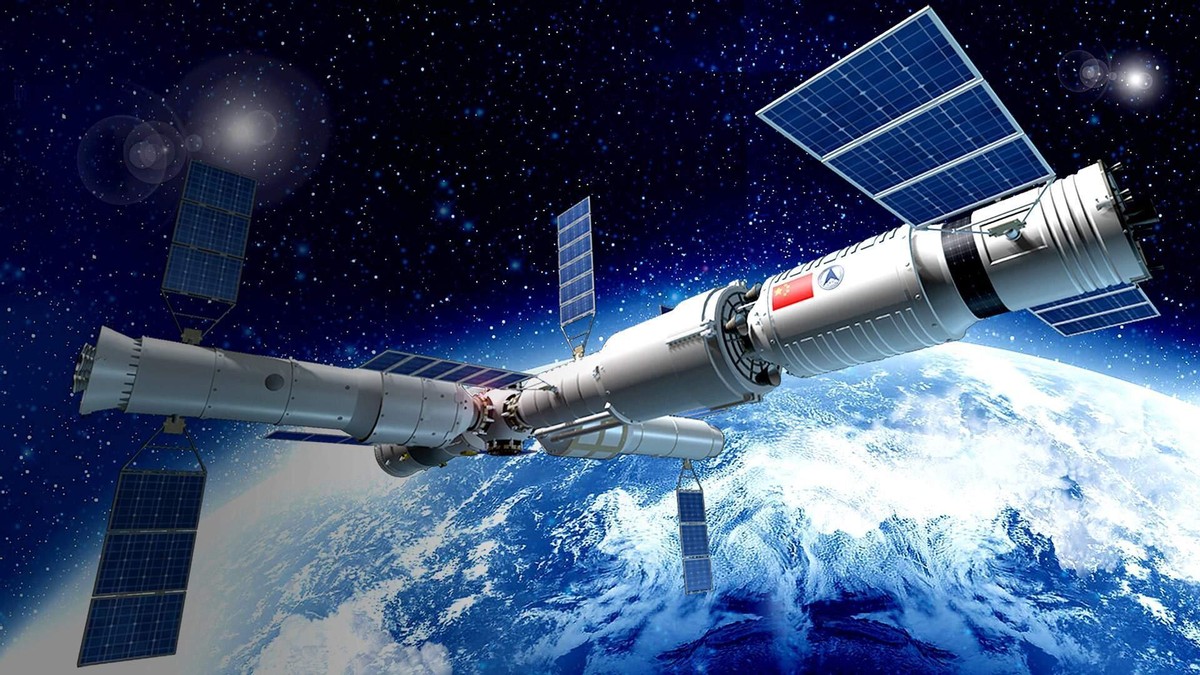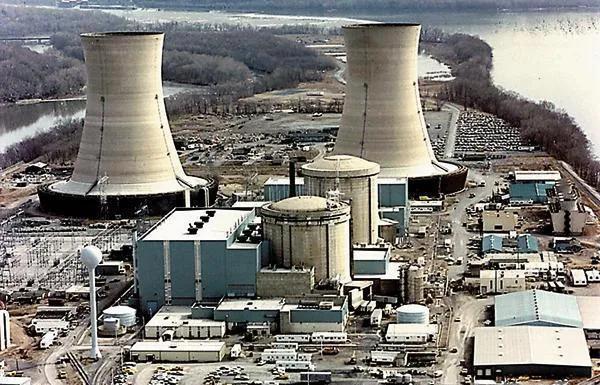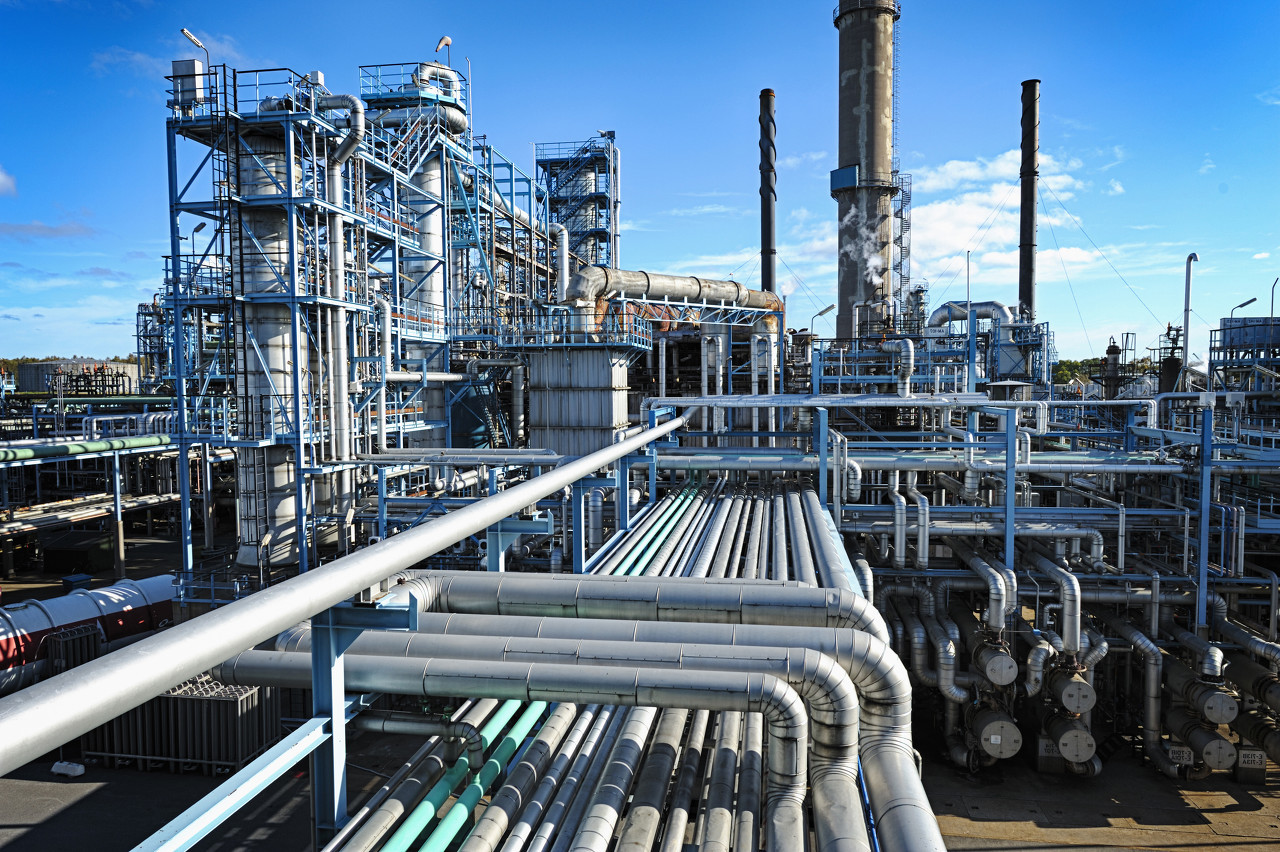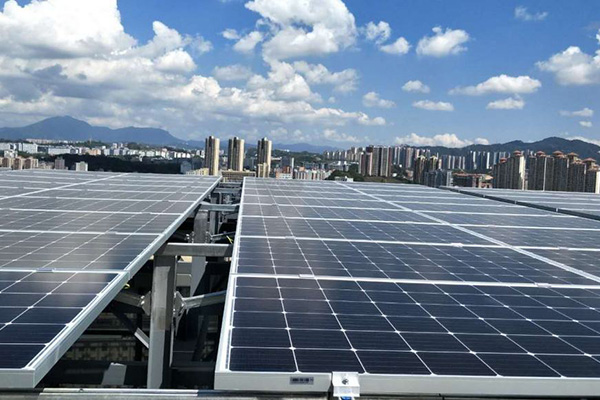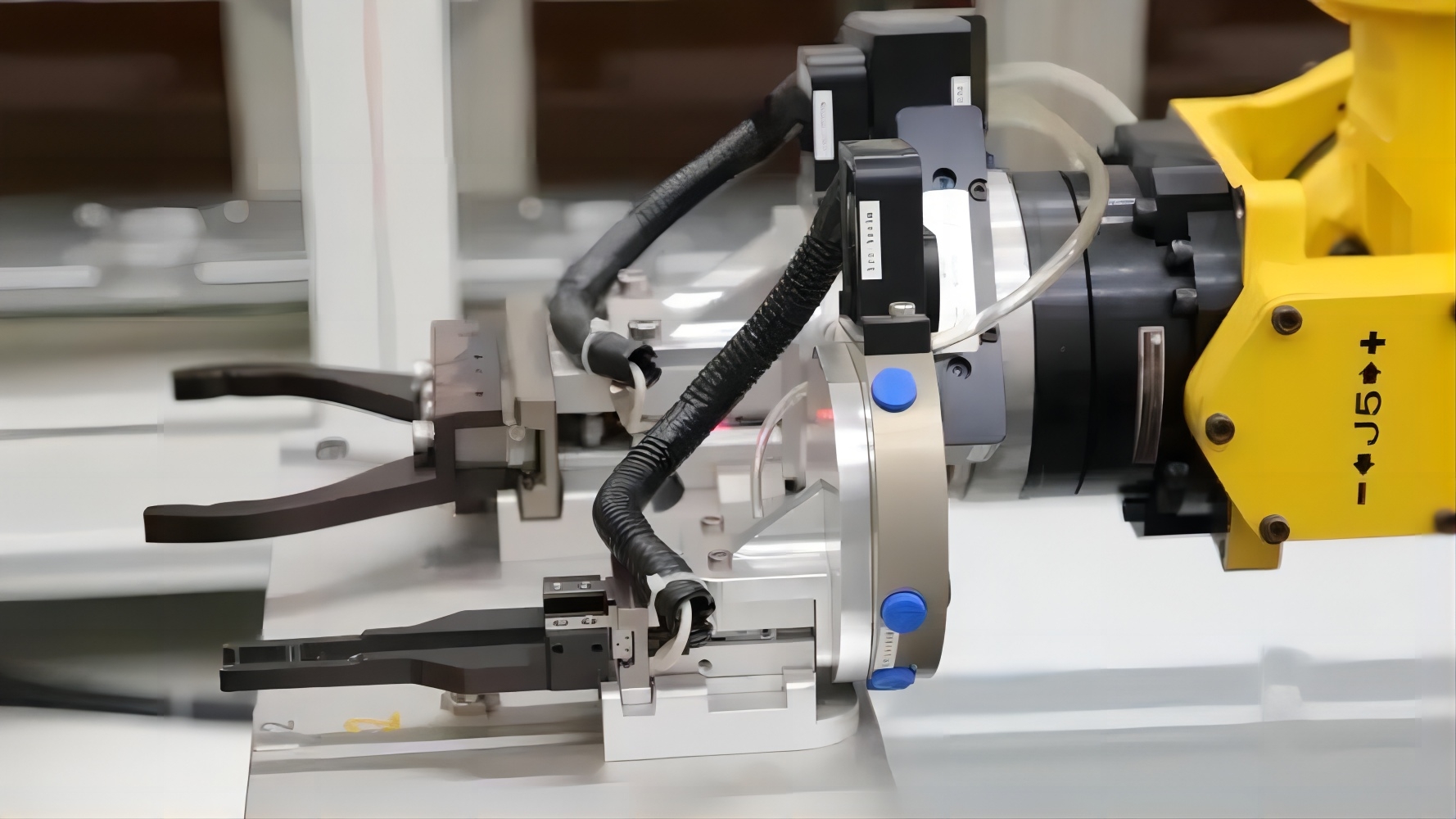| GB | JIS | UNS | W.Nr | ||||
| — | NW 625 | N10242 | 2.4683 | ||||
| Executive standard | AMS 5626、AMS 5665、AMS 5666、ASTM B435、ASTM B582、ASME SB435、ASME SB582 | ||||||
| Surface: | Mill;HL;Polish;Mirror;NO.4;Pvd….. | ||||||
| Tchnology: | Solution Treatment;Annealing | ||||||
| MOQ: | 200KG | ||||||
| Payment Term: | T/T;L/C;WesternUnion;Paypal | ||||||
| Delivery Time: | 7-15days upon receipt of the deposit | ||||||
| Package: | Standard Expot Packing or As Customers Requirement | ||||||
| Processing form:
|
 |
 |
 |
 |
 |
||
Haynes 242 alloy Material
Product Description:
Product Details:Haynes 242 coil; Haynes242 strip
Haynes 242 plate; Haynes 242 sheets;
Haynes 242 tube; Haynes 242 pipe;
Haynes 242 flat; Haynes 242 bar

Stainless Steel Details
Chemical composition (%)
| C | Si | Mn | P | S | Cr | Ni | Mo | Co | Cu | Al | Ti |
| ≤
0.05 |
≤
0.50 |
≤
0.50 |
≤
0.02 |
≤
0.015 |
22.0-
24.0 |
14.0-
16.0 |
5.0-
6.5 |
≤
1.0 |
≤
0.5 |
0.5-
1.5 |
0.4-
1.0 |
Mechanical Property
| T.S(Mpa)≥ | YS(Mpa)≥ | EL(%)≥ | HB≤ |
| 1100 | 880 | 12 | 300 |
Chemical composition (%)
| C | Si | Mn | P | S | Cr | Ni | Mo | Co | Cu | Al | Ti |
| ≤
0.05 |
≤
0.50 |
≤
0.50 |
≤
0.02 |
≤
0.015 |
22.0-
24.0 |
14.0-
16.0 |
5.0-
6.5 |
≤
1.0 |
≤
0.5 |
0.5-
1.5 |
0.4-
1.0 |
Mechanical Property
| T.S(Mpa)≥ | YS(Mpa)≥ | EL(%)≥ | HB≤ |
| 1100 | 880 | 12 | 300 |

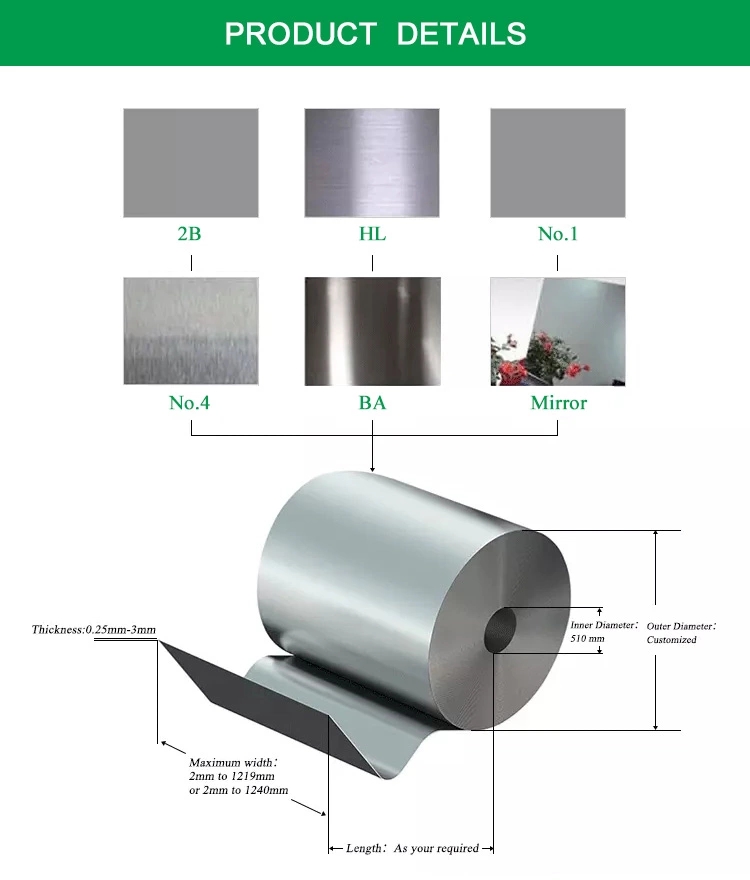
Stainless Steel Introduce
Haynes 242 is a nickel-chromium-molybdenum alloy with excellent high-temperature strength, good oxidation resistance, and resistance to hot corrosion and thermal fatigue. It is typically used in gas turbine engine components, such as turbine blades, vanes, and combustor liners, as well as in industrial furnace applications.
Haynes 242 offers excellent high-temperature strength, with a minimum yield strength of 880 MPa and a minimum tensile strength of 1100 MPa. It also has good ductility, with a minimum elongation of 12%. In addition, it has good thermal stability and resistance to thermal fatigue, making it suitable for use in high-temperature applications.
Haynes 242 also has good resistance to oxidation and hot corrosion, which makes it suitable for use in gas turbine engine components that are exposed to high-temperature and corrosive environments. It has a maximum HB hardness of 300 and excellent fatigue strength at high temperatures.
Haynes 242 is typically available in the form of sheet, plate, bar, and wire. It can be machined using conventional methods and is weldable using standard welding techniques.
Overall, Haynes 242 is a high-strength, high-temperature alloy with excellent resistance to oxidation and hot corrosion, making it ideal for use in gas turbine engine components and industrial furnace applications.
Here are the national standards for Haynes 242 alloy:
United States: AMS 5708, AMS 5776, AMS 5777, AMS 5853, AMS 5854, AMS 5857, AMS 5858, AMS 5895, AMS 5896, AMS 5897, AMS 5898, AMS 5965, AMS 5966, AMS 5967, AMS 5968, AMS 5969, AMS 5970, AMS 5971, AMS 5972, AMS 5973, AMS 5974, AMS 5975, AMS 5976, AMS 5977, AMS 5978, AMS 5979, AMS 5980, AMS 5981, ASTM B435, ASTM B572, UNS R30556
Europe: EN 2.4683
Germany: DIN 17743, VdTÜV 435
United Kingdom: BS HR 202, BS HR 501, BS HR 502
Japan: JIS NW 6242

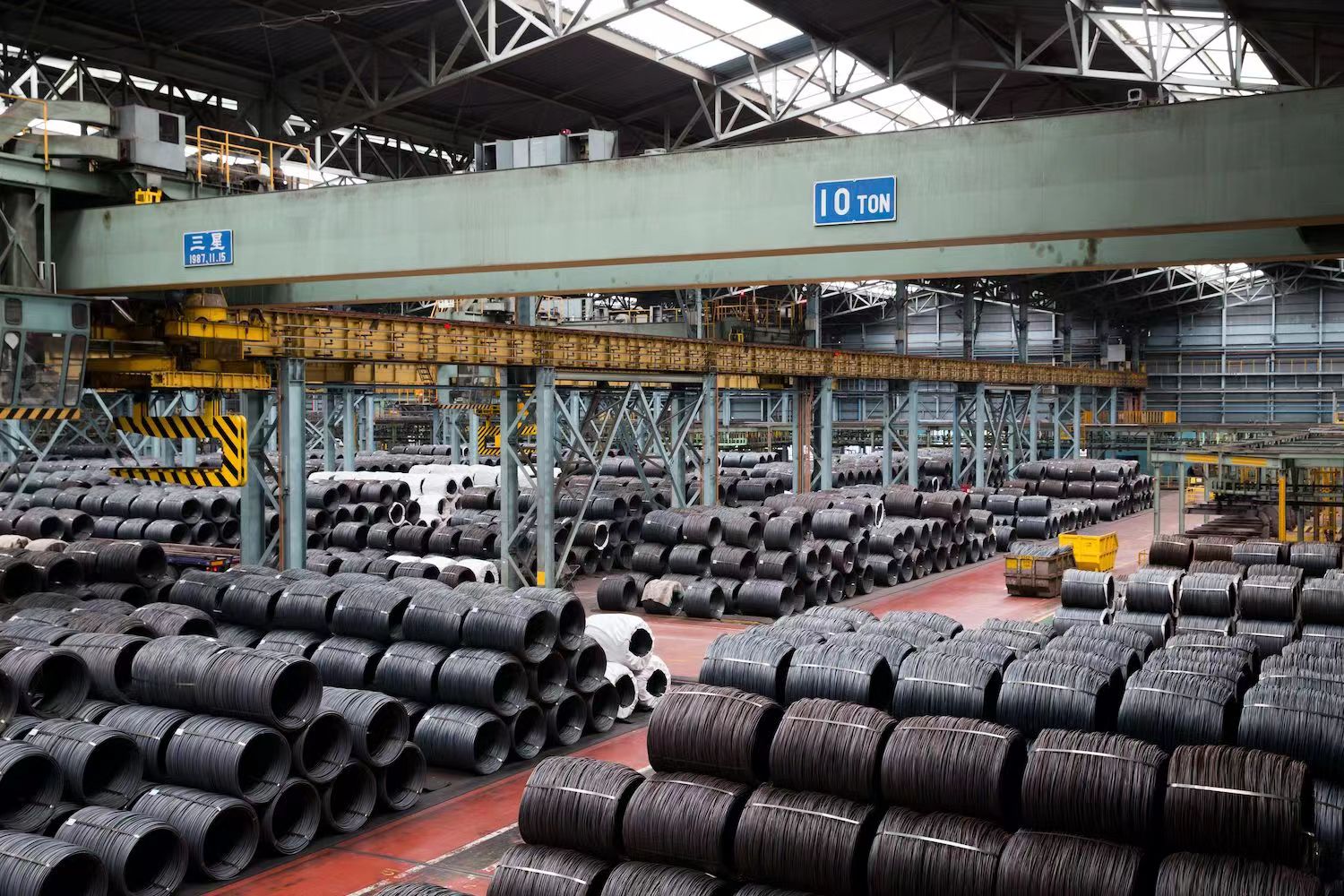
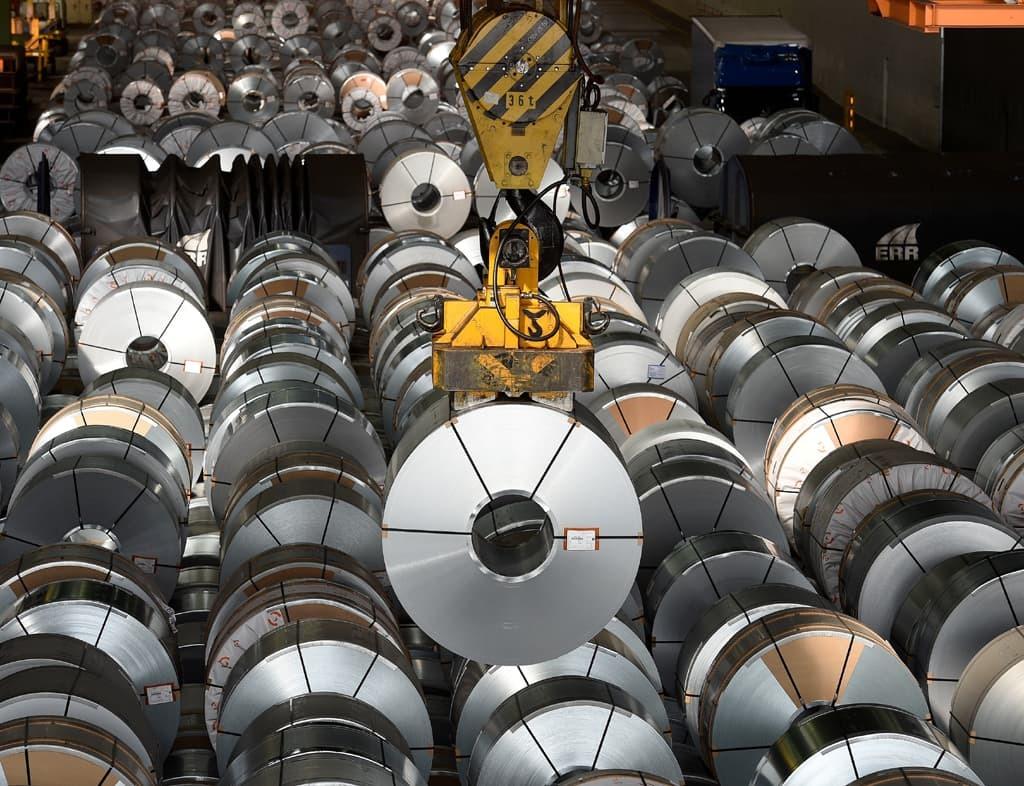
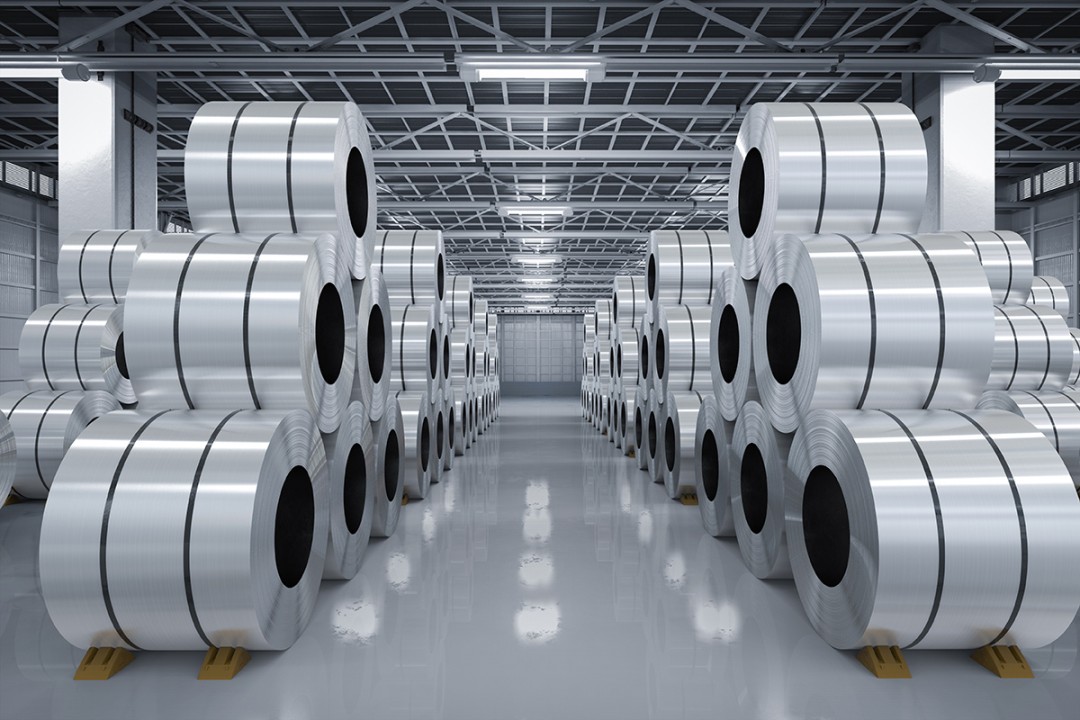
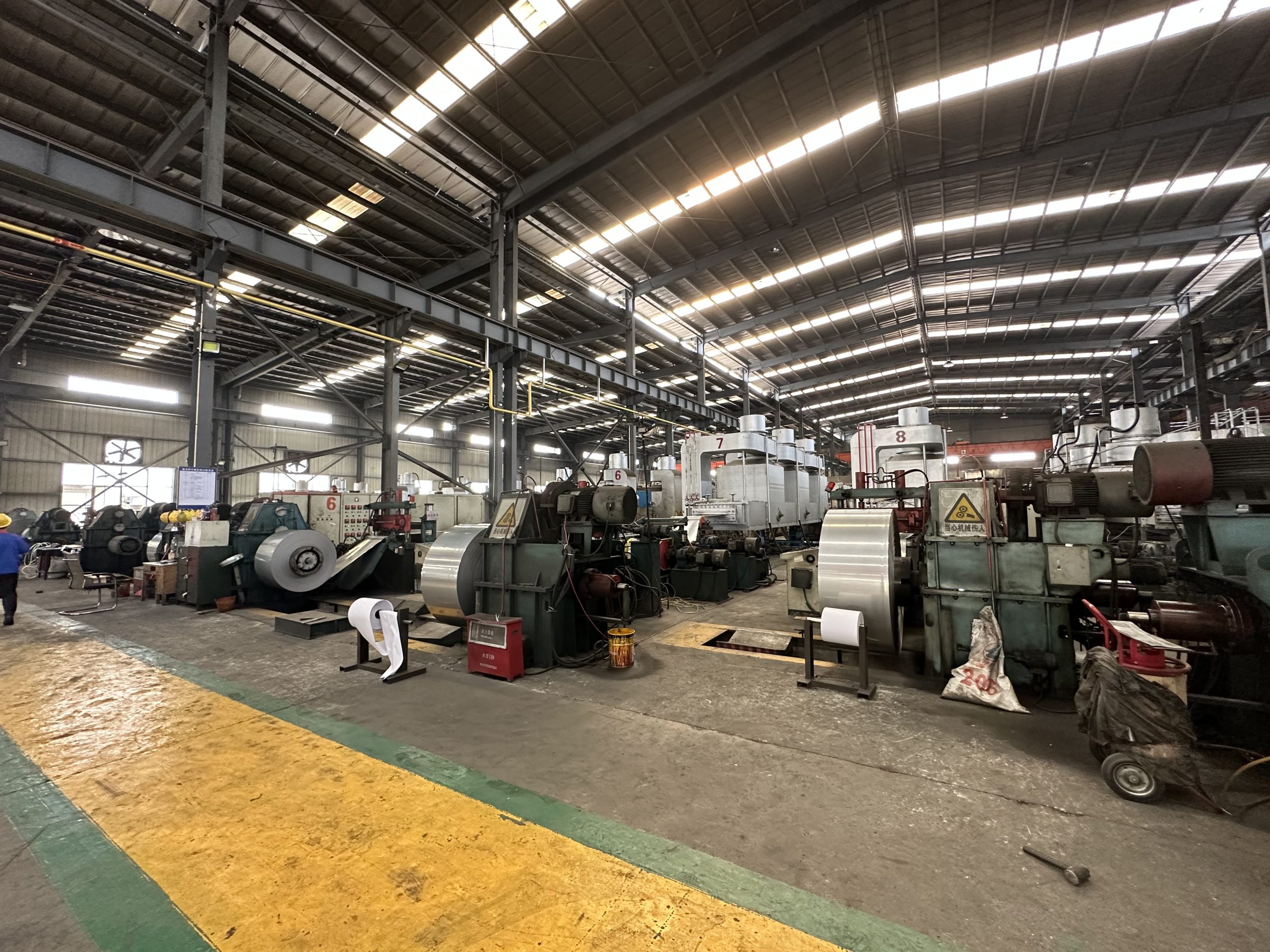
Application fields
Haynes 242 is typically used in gas turbine engine components, such as turbine blades, vanes, and combustor liners. It is also used in industrial furnace applications, including muffles, retorts, and heat treating fixtures.
The high-temperature strength and excellent resistance to oxidation and hot corrosion make Haynes 242 an ideal material for use in high-temperature and corrosive environments. It is commonly used in aerospace, power generation, and industrial applications where high-temperature and corrosive conditions are present.
In aerospace applications, Haynes 242 is used in gas turbine engine components, such as turbine blades and vanes, where it provides excellent high-temperature strength and resistance to thermal fatigue. It is also used in aircraft exhaust systems and afterburners.
In power generation, Haynes 242 is used in gas turbine power plants, where it provides excellent high-temperature strength and resistance to hot corrosion. It is also used in waste-to-energy plants, where it is exposed to high temperatures and corrosive environments.
In industrial applications, Haynes 242 is used in furnace components, such as muffles, retorts, and heat treating fixtures, where it provides excellent high-temperature strength and resistance to oxidation and hot corrosion.
Overall, Haynes 242 is a versatile alloy with a wide range of applications in high-temperature and corrosive environments, making it an ideal material for use in the aerospace, power generation, and industrial sectors.
Haynes 242 is typically used in gas turbine engine components, such as turbine blades, vanes, and combustor liners. It is also used in industrial furnace applications, including muffles, retorts, and heat treating fixtures.
The high-temperature strength and excellent resistance to oxidation and hot corrosion make Haynes 242 an ideal material for use in high-temperature and corrosive environments. It is commonly used in aerospace, power generation, and industrial applications where high-temperature and corrosive conditions are present.
In aerospace applications, Haynes 242 is used in gas turbine engine components, such as turbine blades and vanes, where it provides excellent high-temperature strength and resistance to thermal fatigue. It is also used in aircraft exhaust systems and afterburners.
In power generation, Haynes 242 is used in gas turbine power plants, where it provides excellent high-temperature strength and resistance to hot corrosion. It is also used in waste-to-energy plants, where it is exposed to high temperatures and corrosive environments.
In industrial applications, Haynes 242 is used in furnace components, such as muffles, retorts, and heat treating fixtures, where it provides excellent high-temperature strength and resistance to oxidation and hot corrosion.
Overall, Haynes 242 is a versatile alloy with a wide range of applications in high-temperature and corrosive environments, making it an ideal material for use in the aerospace, power generation, and industrial sectors.
